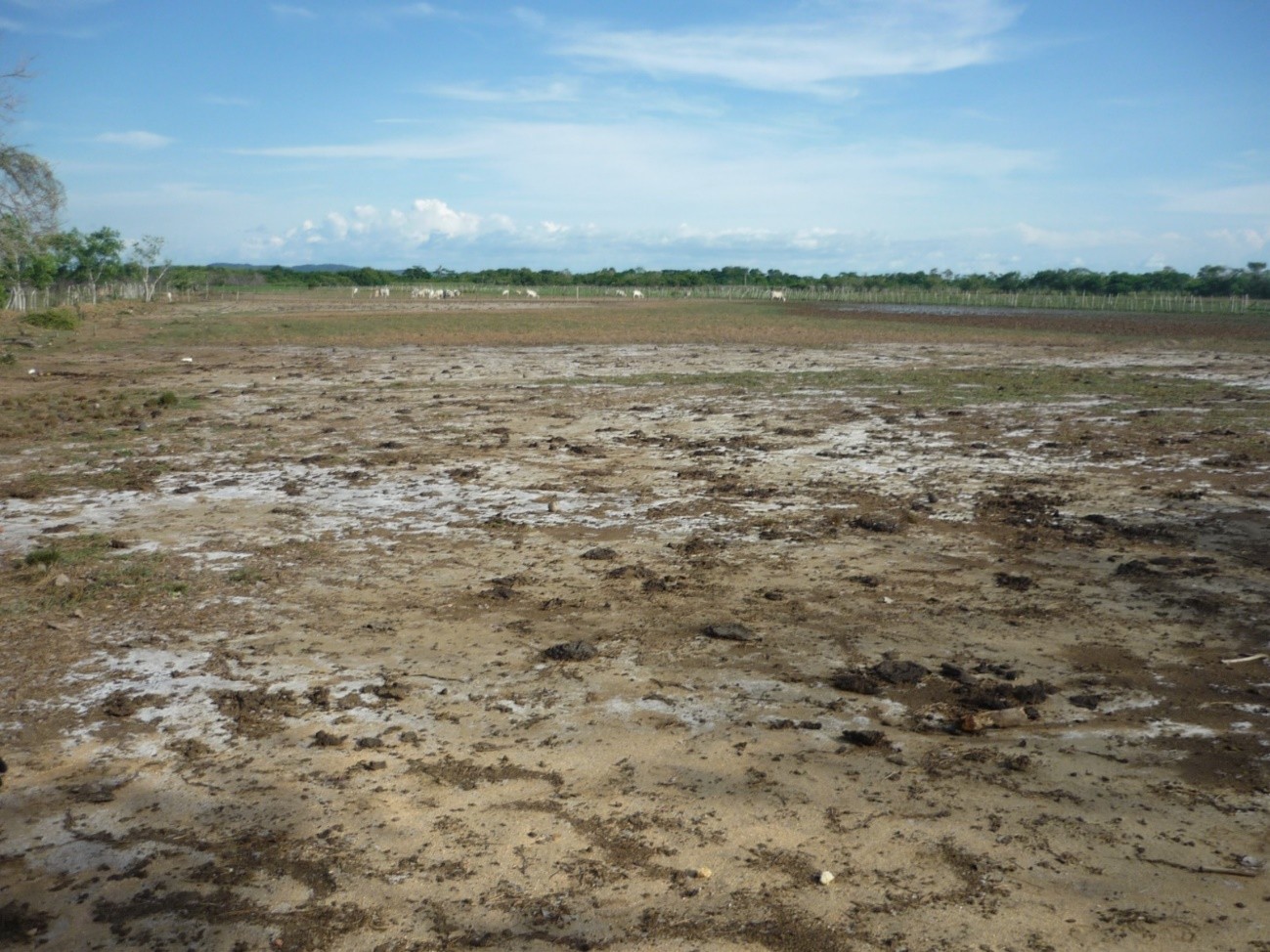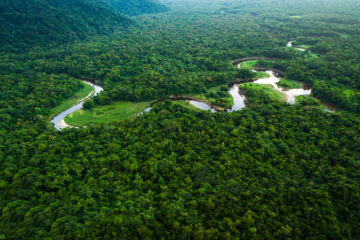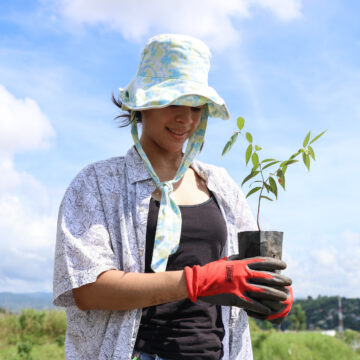Colombia strengthens its capacities in agriculture and environment supported by the European Union and Germany
The Tripartite Triangular Cooperation Mechanism promotes bi-regional cooperation and advances sustainable development.

With the aim of developing and funding multi-sectoral and multi-stakeholder Triangular Cooperation projects that contribute to sustainable development, Colombia, Germany and the European Union created the Tripartite Triangular Cooperation Mechanism, (APC-Colombia, 2023).
This Fund, available for Latin-American and Caribbean (LAC) public and private institutions, civil society organizations and the academia, was launched in 2022. One of the main features of this innovative partnership is that projects must be aligned with Colombia’s National Development Plan and the German BMZ Strategy for LAC. This mechanism is currently executing initiatives from the 2022 and 2023 calls for proposals.
For example, the project “Technical and technological strengthening for the judicial processes of transnational environmental crimes between Colombia, Paraguay and Argentina (PROFOR-AMBIENTAL)” is being carried out in this framework. In this initiative, Colombia (beneficiary) is working with Paraguay and Argentina (providers) to fight against environmental crime, specifically by technically strengthening the agencies responsible for control and investigation, with a view to greater effectiveness in criminal prosecution and environmental protection.

Several virtual and on-site exchanges have already taken place to identify, for example, the needs of each country. Training to improve crime detection has also been carried out, as well as a consultancy to advice laboratories on how to be certified in environmental crimes and on the creation of groups of experts for complex cases.
On the other hand, the project “Monitoring and follow-up of soil degradation and desertification in Colombia and Argentina, with the technical support of Spain, to contribute to food security in a post-pandemic context” is also being developed under this mechanism. Its aim is to combat soil degradation and desertification, through a very strong work on monitoring and follow-up methodologies; the systematization of a spatial and cartographic information base on degradation processes; and the collection and analysis of indicators to assess the current situation of these problems.
Finally, the initiative “Knowledge exchange and capacity building in the citrus production system – INTERCÍTRICOS” is being implemented in order to address the health challenges that citrus growing is facing in Colombia, a thriving sector for both the local and the export market. The project originated as a demand to further strengthen capacities for the optimization of diagnosis; disease management; and genetic improvement, areas in which Cuba, Colombia and Spain considered they could widely work together. Training sessions have already been held in the citrus high production departments, as well as in scientific techniques for disease diagnosis. Reference documents and informative material that contribute to the knowledge of the participating partners have also been prepared.
June 2025
***
Source: SEGIB based on APC-Colombia (2023).
Photos: Presidential Agency for International Cooperation of Colombia (APC-Colombia by its acronym in Spanish).

